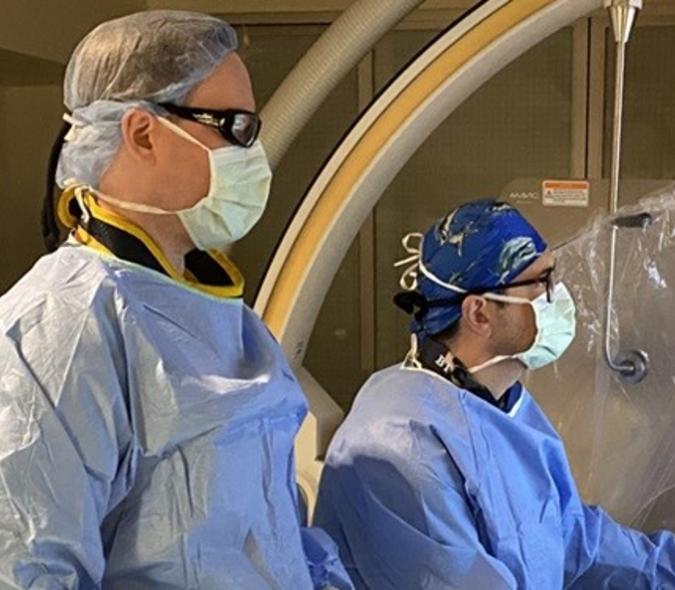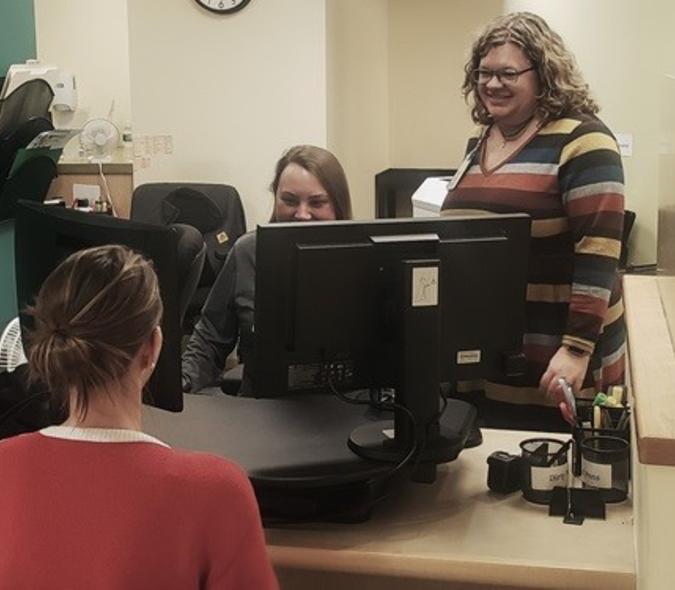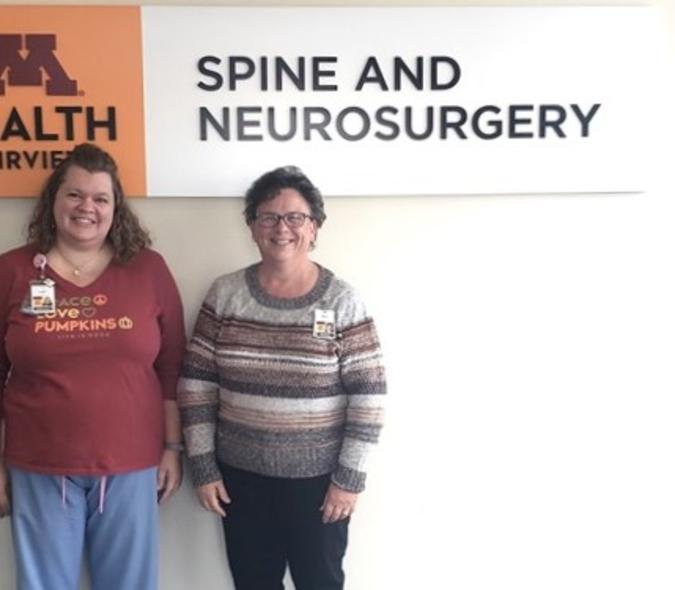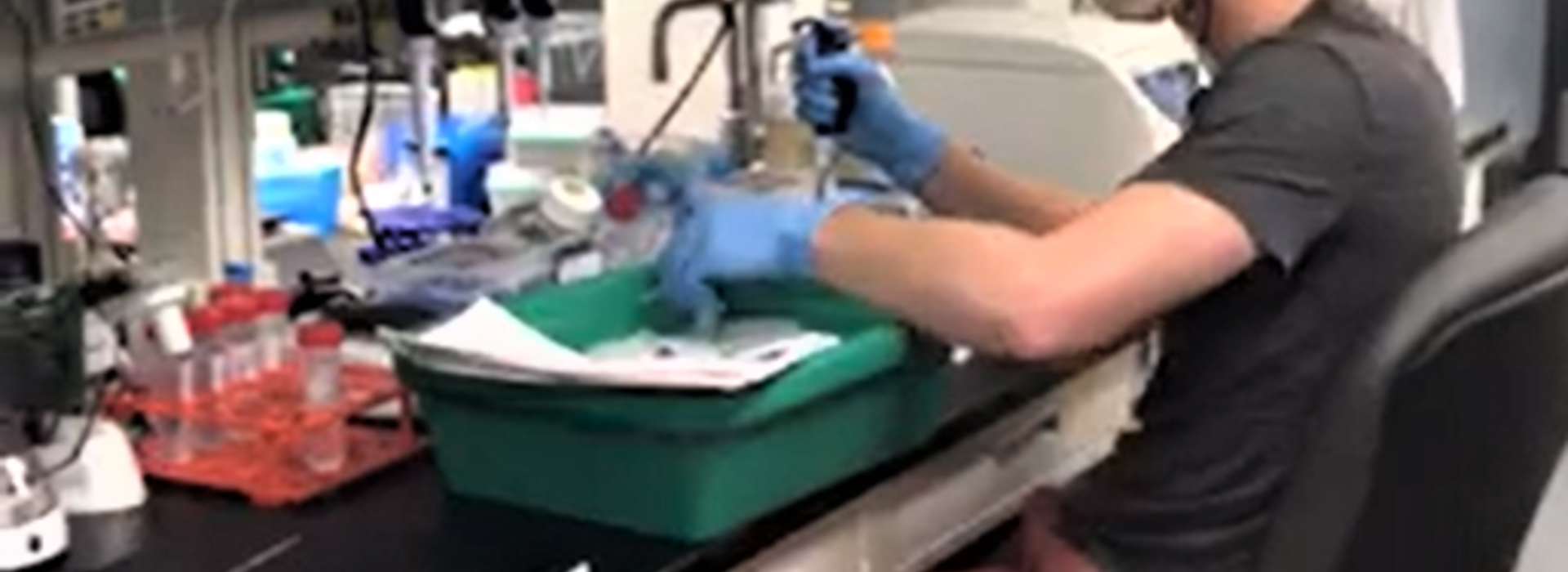
Faculty member receives prestigious award for his lab’s brain tumor research
On October 14, Assistant Professor Andrew Venteicher, MD, PhD, was notified that he would join a rarified group. He became one of four physicians to be given a 2020 Distinguished Scientist Award from The Sontag Foundation for his lab’s innovative work with brain tumors.
According to the Foundation, “The Distinguished Scientist Award (DSA) seeks to provide career and research support to early career scientists who demonstrate outstanding promise for making scientific and medical breakthroughs in the field of brain cancer research … Recipients of the award are inspired individuals with projects that show potential to generate new knowledge relating to causes, cure or treatment of primary brain tumors/brain cancer.”
Funding and collaboration
The award provides $600,000 in funding over a four-year period. During that time, recipients also receive additional support from the Foundation through its annual Scientific Retreat. The first of these sessions for Venteicher and his cohort will happen virtually in November. Venteicher is joined this year by award recipients from Weill Cornell Medical College in New York City, Brigham & Women’s in Boston, and Cornell University in Ithaca, NY. “We feel very honored that our U of M laboratory is now part of the Sontag family,” he said.
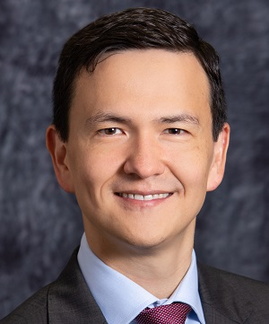
The Venteicher Laboratory develops experimental and computational approaches to study how reversible changes in DNA organization drive cell fate decisions both in neurodevelopment and in brain cancer. “The most widely held belief about how cancer develops is through the mutation of DNA,” said Venteicher (pictured at left). “There are now emerging examples of cancer subtypes that can develop in the absence of a recurrent DNA mutation. Our lab studies these reversible changes in DNA structure.”
Developing novel technologies
Although difficult to study, Venteicher’s lab and collaborators are developing novel technologies to assess these reversible changes. “We apply new biochemistry, genomics, single cell, and computational approaches to tumor specimens from patients, which reveals aspects of tumor heterogeneity not fully replicated in animal model systems,” said Venteicher. “We want to take what we are learning to develop new diagnostic and therapeutic strategies that can be translated into the clinic rapidly.”
Foundation co-founder Susan Sontag was diagnosed in 1994 with the most common form of glioma, the kind of tumor that starts in the glial cells of the brain or spine. She and her husband, Rick, started their foundation in 2002 because of their experience with brain cancer and its treatment. Since then, they have provided more than $39 million in funding for 55 emerging scientists. “They’re investing in the future of brain tumor research,” said Venteicher. “They focus on junior faculty members who are ramping up to generate preliminary data so they can apply for grants to continue their laboratory’s work.”
Hope to make them proud
Venteicher, who is very much in that stage of his research is, “grateful for the generosity of the Sontag family,” he said. “It will go a long way toward helping our lab gather the data we need for our first papers and grants. We’re working hard and hope to make them proud.”
Learn more about the Venteicher Lab.
Learn more about The Sontag Foundation.
